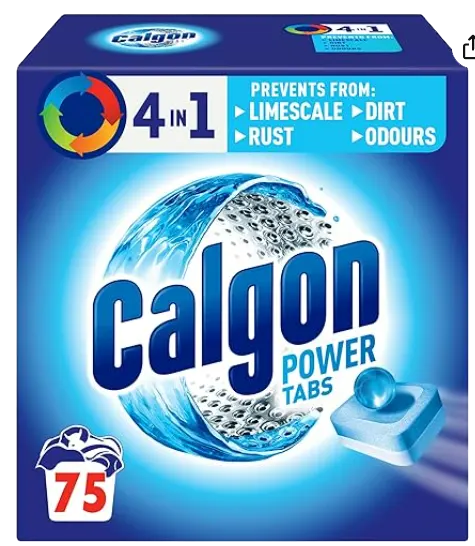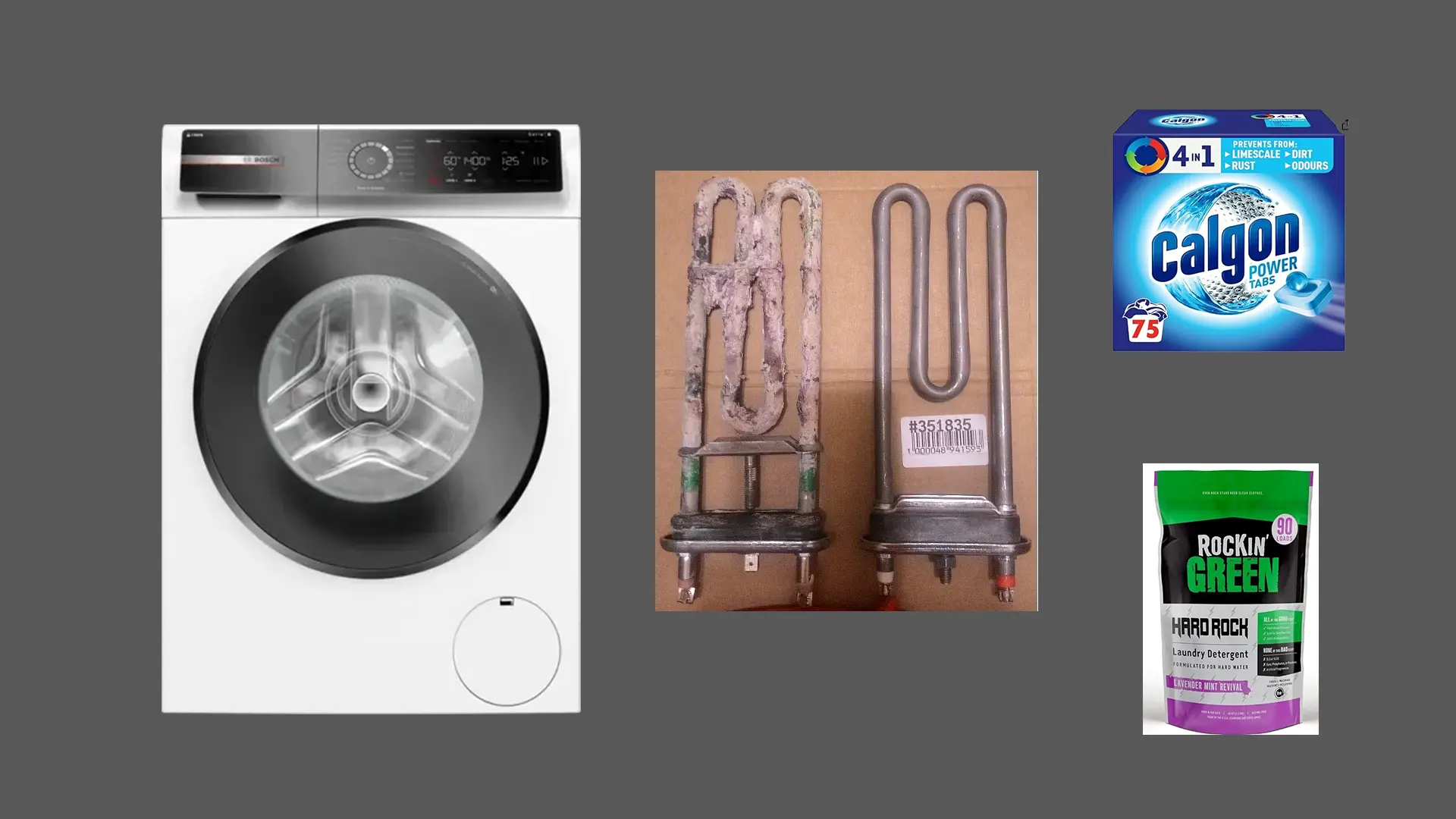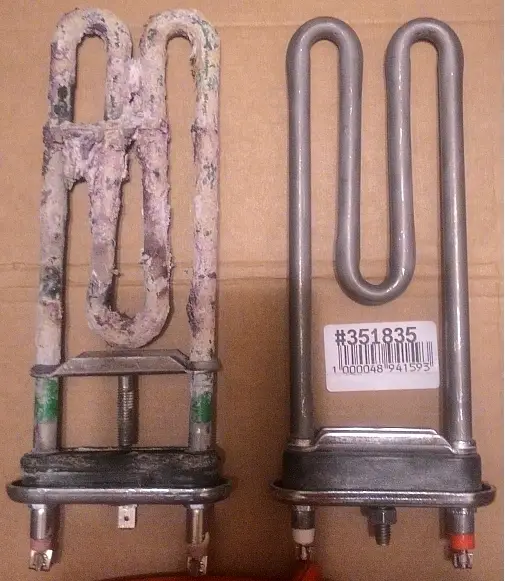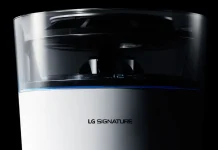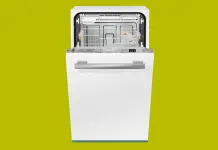Determining whether your washing machine is still heating water can be surprisingly difficult. On higher-end models, a heating element control indicator may alert you when something is wrong. But on more affordable machines, identifying this issue is often less straightforward. Here are a few reasons why:
Thermal insulation: Modern washing machines are designed with efficient insulation to minimize heat loss. Most now use plastic tubs instead of metal ones, which retain heat more effectively and make it harder to tell if water is being heated.
Design differences: In top-loading machines, checking the heating element is tricky—you’d need to interrupt the cycle mid-wash to inspect it. With front-loading models, you might try feeling the plastic on the door for warmth, but even that can be misleading due to insulation.
Low wash temperatures: Many modern wash cycles use lower temperatures—around 30°C (86°F)—to protect delicate fabrics and save energy. At such mild temperatures, it can be difficult to feel any warmth by touch.
How to Check if the Heating Element in Your Washing Machine Is Working
It’s fairly simple to test whether your washing machine’s heating element is functioning correctly. Start by running a cycle without any laundry. Choose a program like “Cotton” and set the temperature to the maximum available setting. After 20–30 minutes, check if the water has warmed up. If it has, your heating element is working as intended. For front-loading machines, gently touch the glass on the door—it should feel warm. In top-loading machines, pause the cycle, open the lid, and carefully check the water temperature (be cautious—it may be very hot).
Possible Reasons Your Washing Machine Isn’t Heating Water
If your washing machine isn’t heating water, several issues could be to blame:
Incorrect Wash Program
Double-check the selected program. Some settings—like Quick Wash, Delicates, or Jeans—are designed to use lower temperatures or even cold water. These cycles may not activate the heating element, which can make it seem like the machine isn’t heating at all.
Faulty Heating Element
The most common reason for heating failure is a malfunctioning heating element. Over time, the element can burn out or become coated in mineral deposits, reducing its efficiency. If the element is damaged or worn out, it will need to be replaced.
Malfunctioning Thermostat
The thermostat monitors and regulates the water temperature. If it’s defective, it might not activate the heating element. While this issue is less common, it still requires professional diagnosis and repair.
Control Board Failure
Though rare, the issue might lie in the control board—the central unit that manages all machine functions. A faulty board can prevent the heating element from operating properly, along with other issues in the machine. Repairing or replacing a control board typically requires a technician.
Example of a Faulty Heating Element
Heating elements operate in direct contact with water and often reach high temperatures. As water heats, dissolved minerals begin to crystallize and form limescale on the element. Over time, this buildup can reduce efficiency or cause the element to fail entirely. A heavily scaled heating element may look like the one shown in the example image.
How to Prevent Limescale and Mineral Buildup
Washing detergents generally include anti-limescale additives to help prevent mineral buildup. However, these additives are designed for moderately hard water and may not be effective if your water is very hard.
If you have hard water, consider using:
Special detergents formulated for hard water, such as Rockin’ Green Hard Rock Laundry Detergent
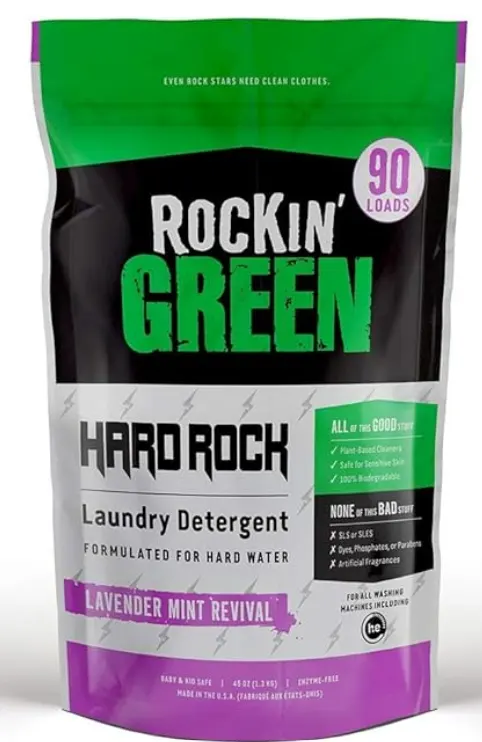
Water-softening additives used alongside your regular detergent, for example Calgon 4-in-1 Water Softener Tablets (which also help prevent odors, residue, and limescale)
